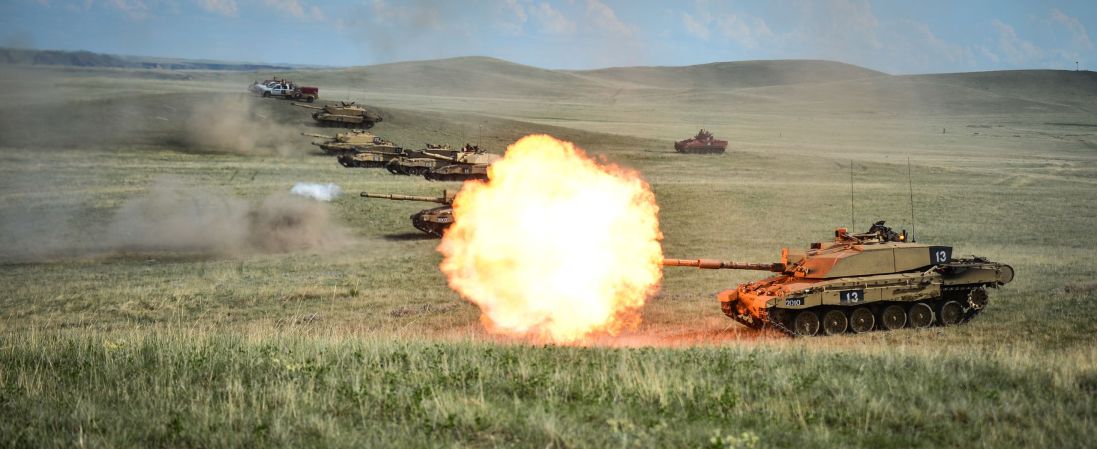On July 7, 2023, National Security Advisor Jake Sullivan confirmed that the U.S. will send cluster munitions to Ukraine as part of a military aid package. The decision comes after months of debate within the Biden administration over whether or not to supply to controversial weapons to Ukraine in its ongoing fight against Russia’s invasion. With Ukraine’s counteroffensive in full swing, the White House hopes the munitions will help push Russia back.

“I’m not going to stand up here and say it is easy. It’s a difficult decision. It’s a decision we deferred,” Sullivan said during a press conference. “It’s a decision that required a real hard look at the potential harm to civilians. And when we put all of that together, there was a unanimous recommendation from the national security team, and President Biden ultimately decided, in consultation with allies and partners and in consultation with members of Congress, to move forward on this strategy.”
Throughout the Russo-Ukrainian War, the U.S. and its allies provided increasingly lethal and valuable military aid as the conflict escalated. Even Germany reversed its longstanding, hardline policy to not provide heavy, offensive weaponry to countries in active conflicts. However, the provision of cluster munitions is controversial on the world stage. Cluster munitions burst mid-air to release submunitions that carpet an area. Not all of these submunitions detonate 100% of the time. As a result, unexploded ordnance from cluster munitions has wounded and killed civilians long after wars have ended.

In 2008, the Convention on Cluster Munitions was signed and went into effect two years later. The international treaty prohibits the use, transfer, production and stockpiling of cluster munitions and has been signed and ratified by 111 countries, including NATO members like France, Germany and the United Kingdom. The United States did not commit to the CCM.
The 155mm Dual-Purpose Improved Conventional Munition artillery round being sent to Ukraine, a cluster munition fired from a howitzer, has varying dud rates depending on when it was produced. “I will say that we have multiple variants of DPICMs in our stocks, and the ones that we are considering providing would not include older variants with dud rates that are higher than 2.35%,” said Pentagon Press Secretary Brig. Gen. Pat Ryder during a press conference. “We are aware of reports out there from several decades ago that indicate that certain 155-mm DPICMs have higher dud rates, so we would be carefully selecting rounds with lower dud rates for which we have recent testing data.”

Along with the U.S., neither Russia nor Ukraine signed the CCM. Human Rights Watch, an international non-governmental organization, has reported that at least 10 types of cluster munitions have been used during the war. Many of these munitions are from former Soviet stockpiles amassed during the Cold War. In addition to the 155mm DPICM artillery rounds, the U.S. is sending Ukraine 31 155mm howitzers to fire them.










